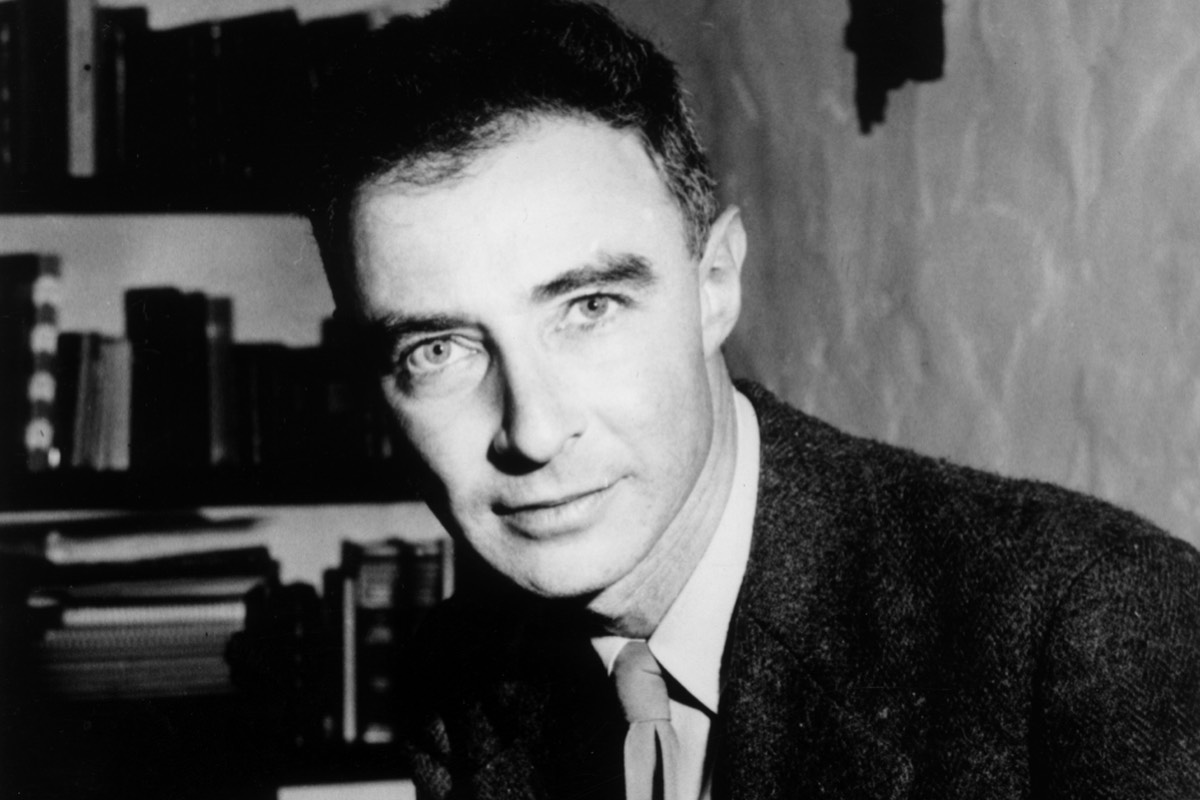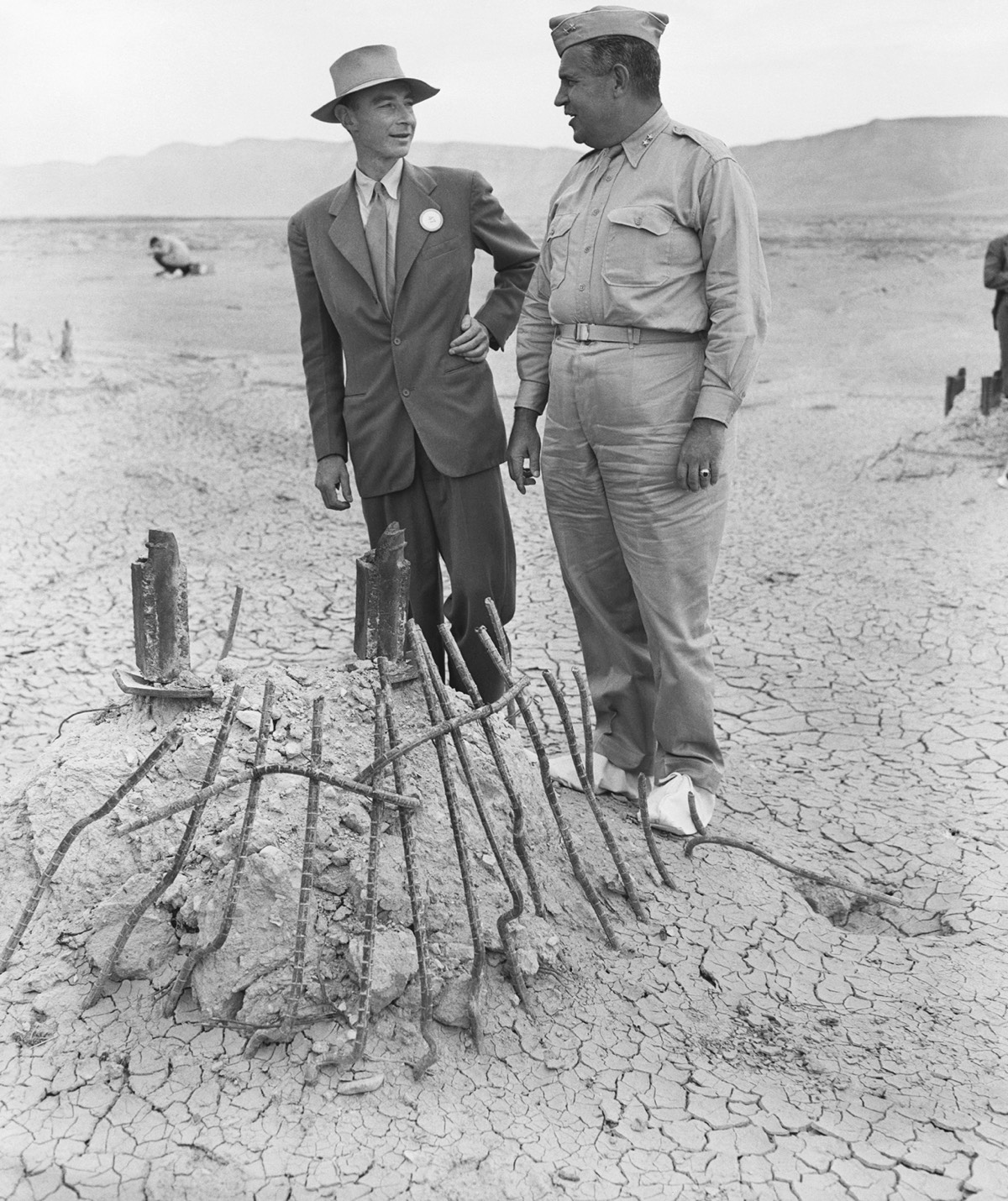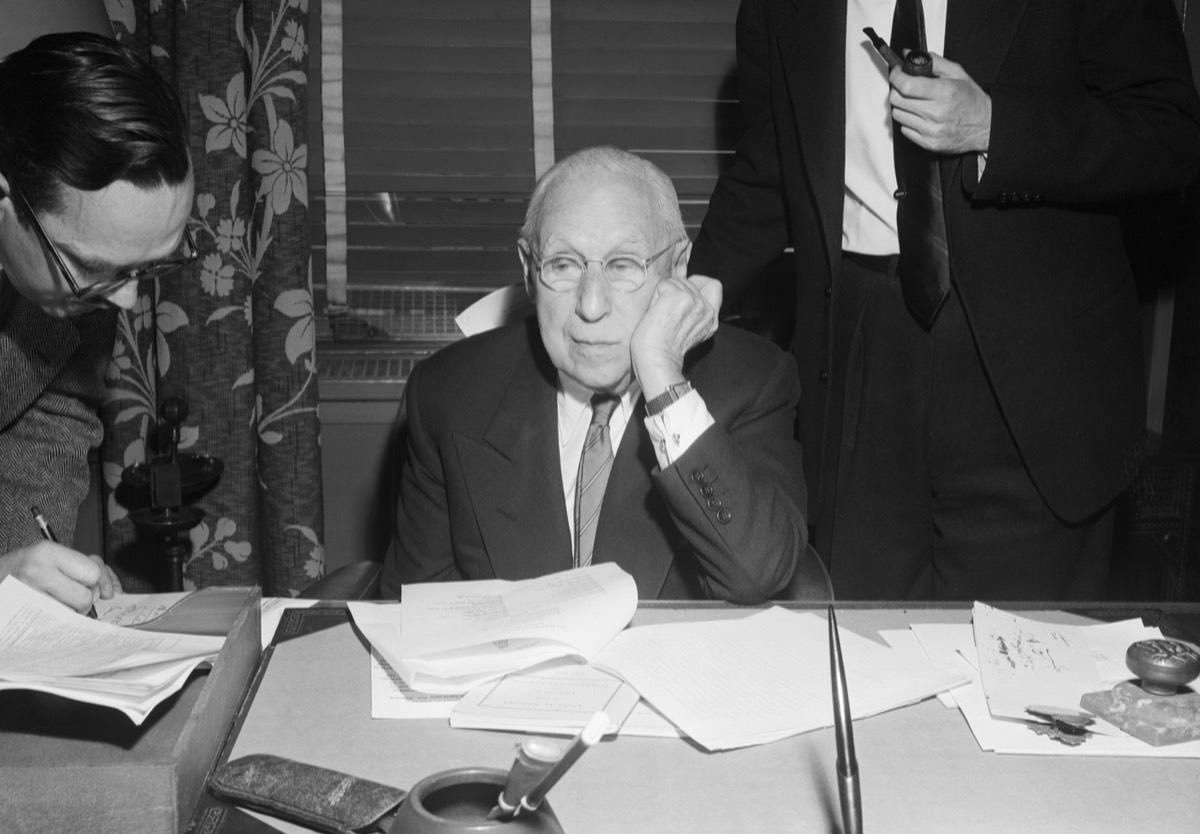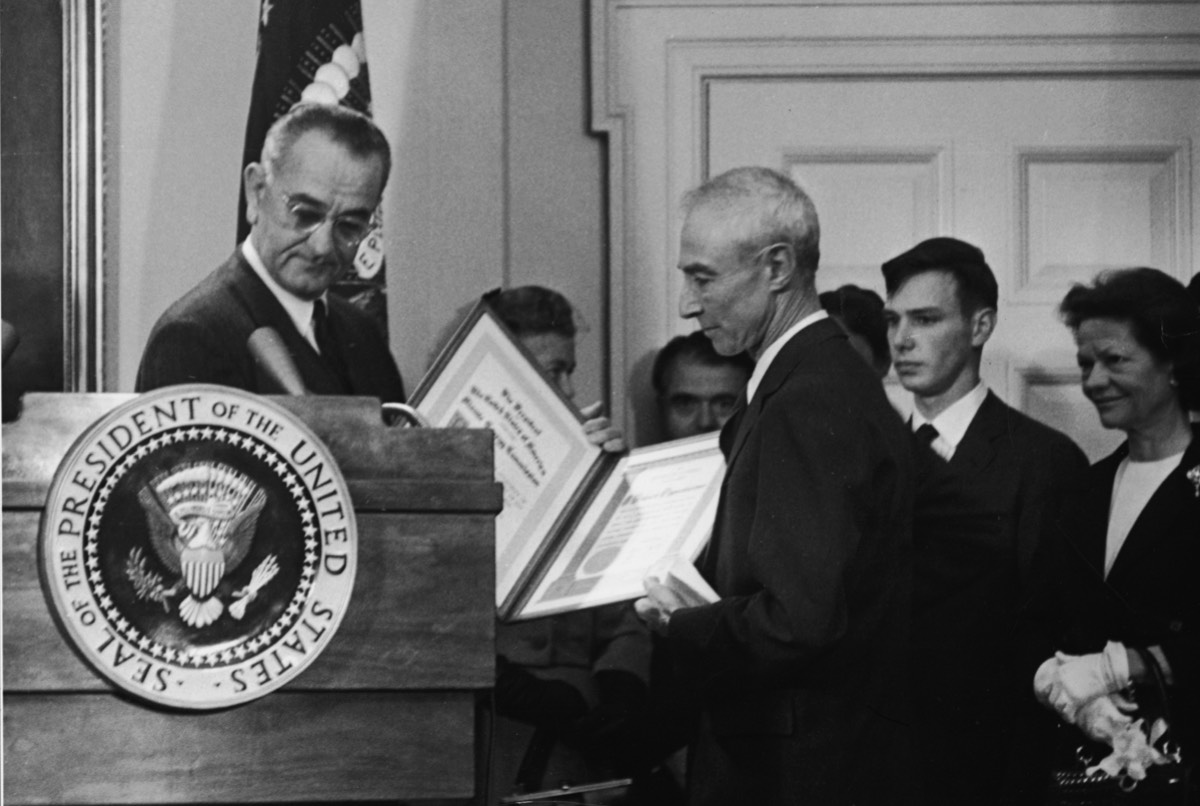Nearly 70 years after having his security clearance revoked by the Atomic Energy Commission (AEC) due to suspicion of being a Soviet spy, Manhattan Project physicist J. Robert Oppenheimer has finally received some form of justice just in time for Christmas, according to a December 16 article in the New York Times. US Secretary of Energy Jennifer M. Granholm released a statement nullifying the controversial decision that badly tarnished the late physicist's reputation, declaring it to be the result of a "flawed process" that violated the AEC's own regulations.
Science historian Alex Wellerstein of Stevens Institute of Technology told the New York Times that the exoneration was long overdue. “I’m sure it doesn’t go as far as Oppenheimer and his family would have wanted,” he said. “But it goes pretty far. The injustice done to Oppenheimer doesn’t get undone by this. But it’s nice to see some response and reconciliation even if it’s decades too late.”
Oppenheimer was born in New York City to German Jewish immigrants and studied physics under Ernest Rutherford at Cambridge, before earning his PhD from the University of Gottingen in 1927 under Max Born. He eventually joined the faculty at the University of California, Berkeley. When President Franklin D. Roosevelt approved the Manhattan Project and tapped Major General Leslie R. Groves to head it, Groves in turn chose Oppenheimer to lead the secret weapons laboratory in Los Alamos, New Mexico. True, Oppenheimer had left-wing political views, and hadn't won a Nobel Prize (although he was nominated several times). But Groves felt the physicist had the breadth of knowledge to bring together physicists, chemists, engineers, and metallurgists, among other disciplines whose expertise would be crucial to the success of the project.





 Loading comments...
Loading comments...
